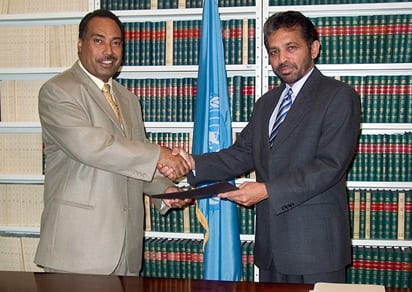WHO Report Demonstrates Need for Higher Tobacco Taxes
Most effective measure is the most under-utilized WASHINGTON, DC. 10 July – A report released today by the World Health Organization concludes that tax and price measures are the “least-achieved” of a global menu of regulations to combat the growing tobacco epidemic, in spite of overwhelming evidence that higher tobacco








